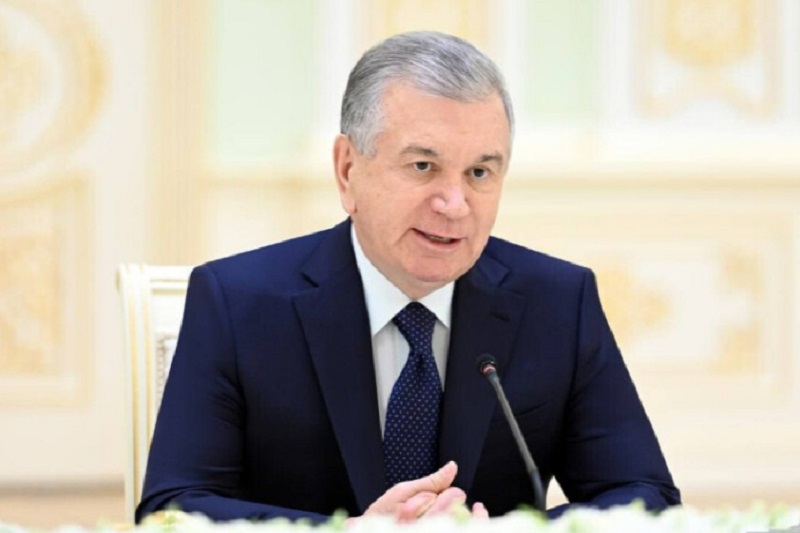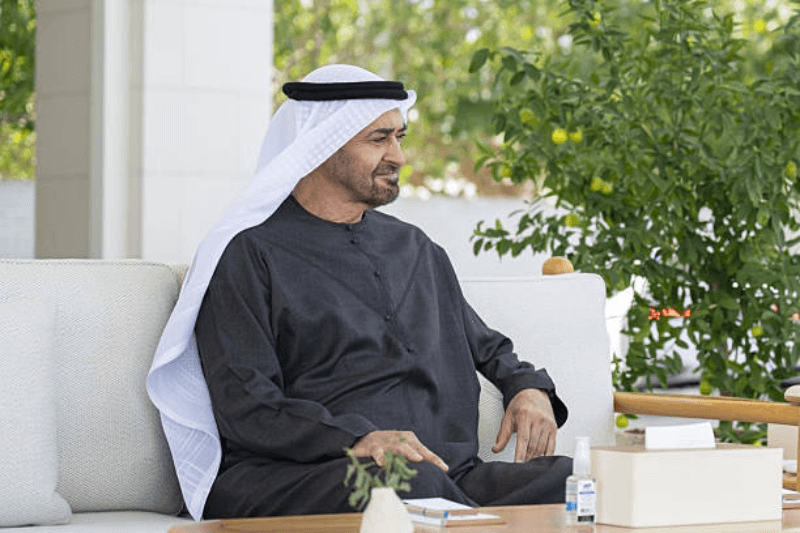
Uzbekistan Needs Modern Constitution, Structural Changes to Unlock Potential
The new constitution, which was approved by more than 90 percent in Uzbekistan, needs to be in line with the New Uzbekistan Development Strategy for 2022-2026. It has to be harmonized with modern realities of society. The new constitution is part of a reform agenda initiated by President Shavkat Mirziyoyev. It came into effect on May 1.
Antonella Bassani, the new World Bank Regional Vice President for Europe and Central Asia, noted that more structural changes are needed to unlock the country’s full potential by increasing investments in people, allowing the private sector to grow, and improving environmental sustainability. The new constitution increases the state’s obligations towards society in terms of social privileges and the protection of civil liberties, and opens the way for the development of local self-government.
Being the most populous country in Central Asia, Uzbekistan plays a key role in the region. Mirziyoyev recognizes the role of regional communities, promising plans and projects to strengthen interconnectedness. As such, Tashkent’s diplomacy now touts a healthy political climate in the Central Asian region. The new policy is based on the principles of mutual trust and good neighborliness to promote progress on long-standing issues.
Keep Reading
Conditions for the gradual completion of the legal registration of the state borders of Uzbekistan and Kazakhstan, Kyrgyzstan and Tajikistan, over the past six years, have been ensured, visas with Tajikistan canceled, and transportation routes have been resumed. Mirziyoyev said investment cooperation has intensified, and significant cooperation projects in trade, industry, energy, transport, agriculture and other sectors of the economy have been launched.
The changes in Central Asia can be said to be the consistent development of agreed positions by the respective states on intra regional issues and close coordination in international platforms, like the Commonwealth of Independent States, the United Nations, the Shanghai Cooperation Organization, the Organization of Islamic Cooperation, the Economic Cooperation Organization, and other similar platforms.
Sherzod Fayziyev, the Deputy Director of International Institute of Central Asia, explained constitutional reform was an important step in the development of Uzbekistan, strengthening democracy, human rights and the rule of law. He believes the peaceful foreign policy enshrined in the new constitution should be regarded as a fundamental change. It demonstrates greater responsibility, maturity of the state, and its understanding of the prospects for cooperation with its neighbors.
Overall, the new constitution is a symbolic culmination of the reforms Mirziyoyev has implemented and a confirmation of the constancy of his policies.




